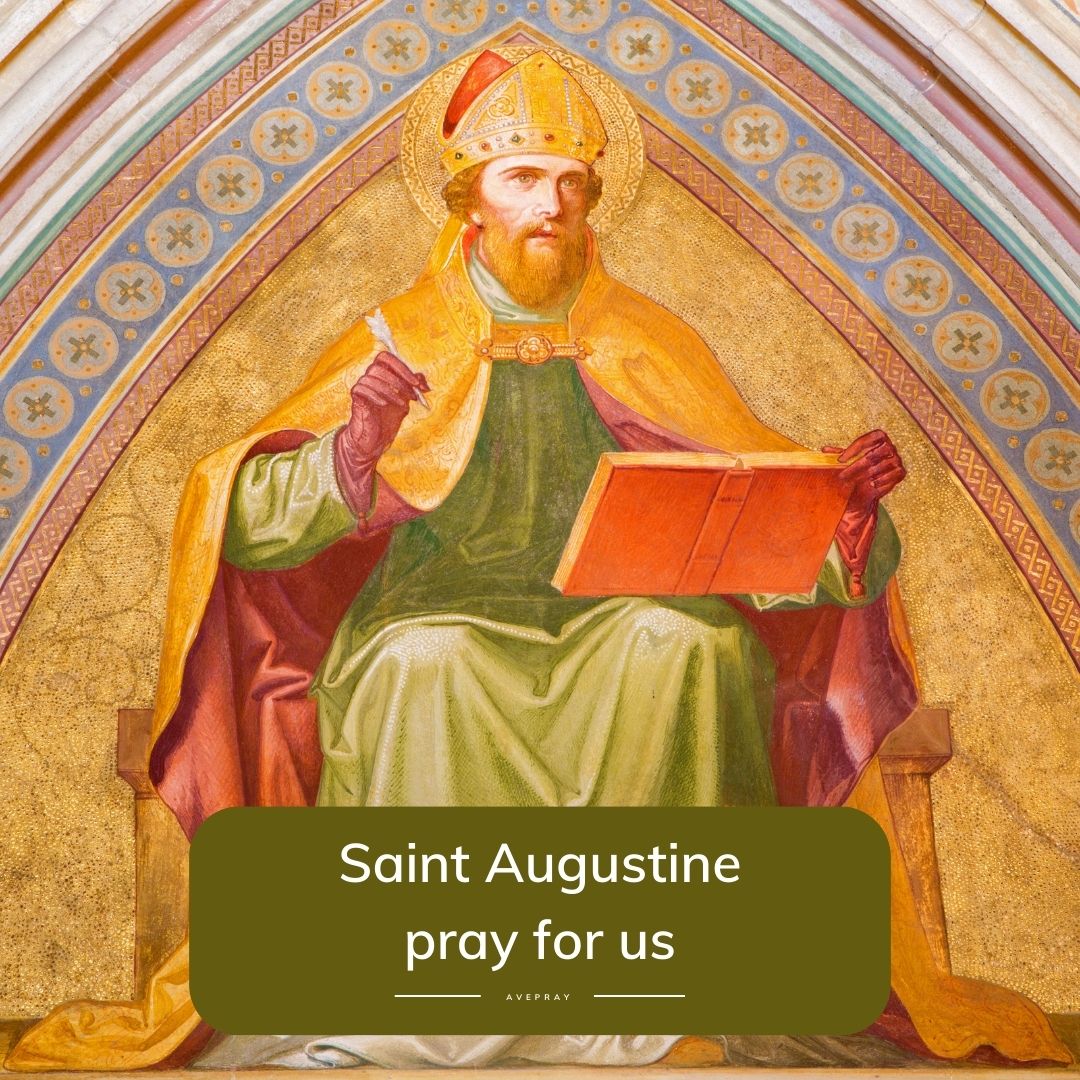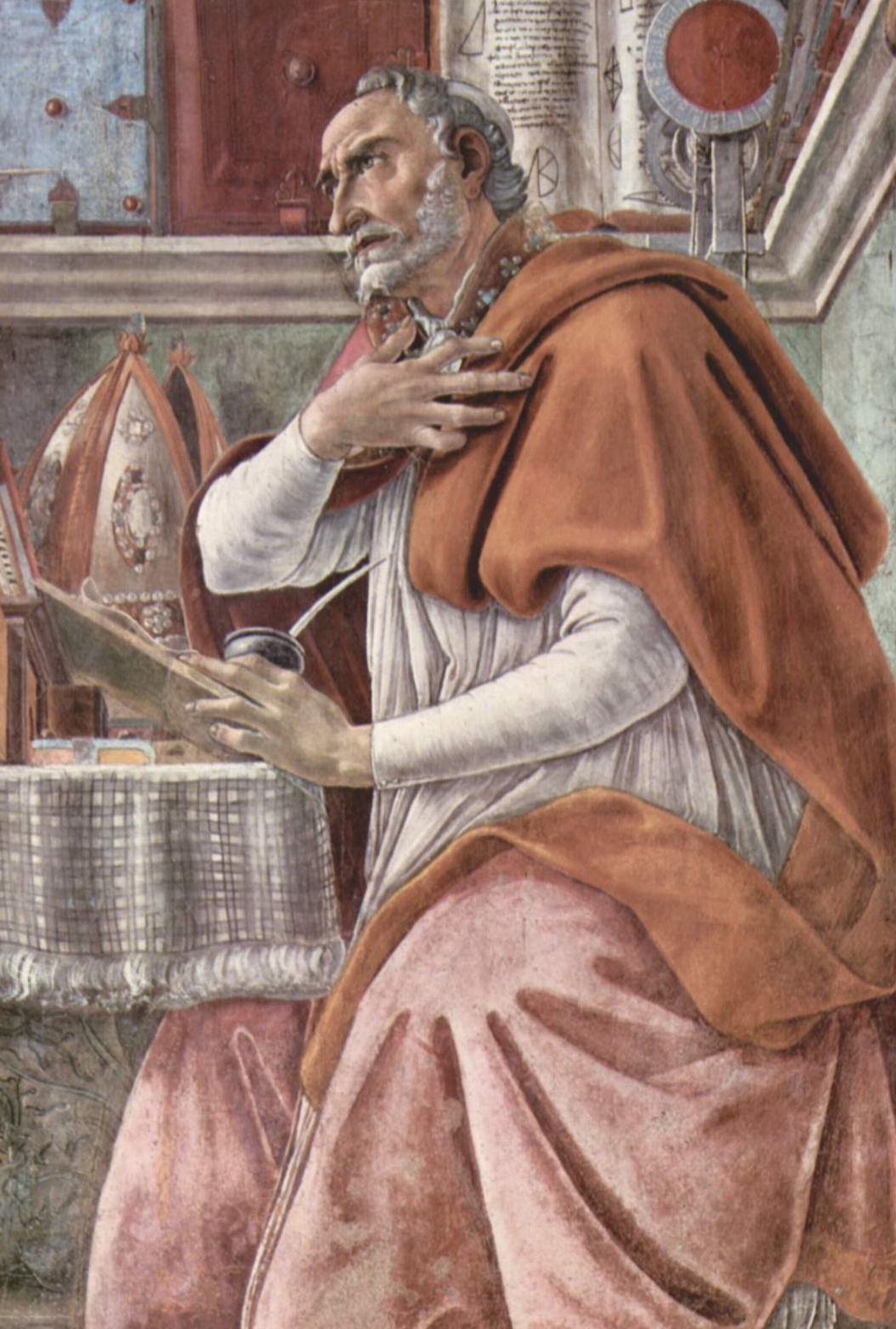
St. Augustine is a name that echoes profoundly throughout the annals of Christian history, representing not merely a bishop but also a distinguished **theologian**, a profound **philosopher**, and a prolific **writer** whose intellectual contributions have significantly influenced the foundations of Western Christianity. He was born on November 13, 354, in Tagaste, Numidia, which is present-day Algeria. Augustine’s transformation from a wayward youth, who indulged in a life of hedonism and skepticism, to a venerated bishop and a pivotal figure in the Church is a story filled with depth and complexity. His experiences, struggles, and eventual conversion to Christianity are not only inspiring but also serve as a testament to the power of faith and redemption. In this article, we will explore the various facets of Augustine’s life, examine his most influential writings, and reflect on the enduring legacy he has left behind, which continues to resonate with theologians, philosophers, and believers around the world today. His thoughts on topics such as grace, free will, and the nature of God have sparked discussions that remain relevant in contemporary theological discourse.
Early Life: The Making of a Thinker

Childhood and Education
Augustine was born into a humble family, where his father adhered to pagan beliefs while his mother, Monica, was a devoted Christian. Despite the contrasting religious views within his household, Monica was determined to provide her son with an exceptional education. Augustine’s academic journey began in his hometown of Tagaste, where he laid the groundwork for his intellectual pursuits. He then continued his studies in Madauros and ultimately made his way to Carthage, a vibrant center of learning. It was here that he discovered a profound passion for rhetoric, the art of persuasive speaking and writing. One can envision a young Augustine, brimming with ambition and aspirations, wrestling with his spiritual identity while dreaming of achieving greatness in a world that seemed to offer endless possibilities.
The Search for Truth
As Augustine embarked on his quest for knowledge, he explored a variety of philosophical systems, including Manichaeism, which offered a dualistic view of good and evil, and Skepticism, which questioned the possibility of certainty in knowledge. His early years were characterized by a tumultuous struggle, caught between his intellectual ambitions and his deep-seated spiritual longings. This internal conflict not only shaped his personal journey but also became a significant theme in his later writings and teachings. Augustine’s relentless pursuit of truth would ultimately lead him to profound insights that would influence countless individuals throughout history.
Conversion: A Turning Point

The Moment of Enlightenment
At the age of 32, Augustine underwent a transformative conversion that would alter the course of his life forever. While he was in a serene garden, he suddenly heard the innocent voice of a child chanting the words, “Take up and read.” This seemingly simple yet profound moment compelled him to reach for the Scriptures that lay nearby. As he began to read, a powerful spiritual awakening surged through him, igniting a deep and lasting change in his heart and mind. Can you imagine the weight of that moment? It felt as though the very fabric of the universe had conspired to lead him toward his true purpose, illuminating the path he was meant to follow and guiding him away from a life of uncertainty and doubt.
Becoming a Bishop
In the year 396, Augustine was appointed as the **Bishop of Hippo**, a position that carried immense responsibility and significance. His role extended far beyond mere administration; he emerged as a passionate and unwavering defender of the Christian faith. Augustine engaged in rigorous theological debates, tackling the pressing issues and challenges of his time with both intellect and fervor. His sermons, renowned for their fiery passion and eloquence, captivated audiences and inspired countless individuals to embrace Christianity. Through his leadership and teachings, Augustine not only shaped the spiritual landscape of his community but also left an indelible mark on the broader Christian tradition, influencing generations to come.
Major Works: The Pen of a Master

Confessions: A Spiritual Autobiography
One of the most celebrated works by Saint Augustine, **Confessions** serves as a profoundly intimate narrative that chronicles his life experiences and spiritual transformation. This book transcends mere storytelling; it is an evocative **spiritual journey** that speaks to anyone who is on a quest for redemption and understanding. Within its pages, Augustine courageously exposes his innermost thoughts and feelings, candidly discussing his battles with sin, his relentless pursuit of truth, and his eventual, heartfelt surrender to the divine will of God. Reading **Confessions** feels akin to receiving a deeply personal letter from a close friend who has endured significant trials and tribulations, offering insights and reflections that resonate on a universal level.
The City of God: A Philosophical Defense
In his monumental work, **The City of God**, Augustine tackles the profound implications of the fall of Rome while exploring the intricate relationship between Christianity and the broader societal context. He posits that earthly cities are transient and fleeting, whereas the City of God represents an eternal and unshakeable reality. This philosophical treatise stands as a significant intellectual achievement that has shaped the thoughts of countless philosophers and theologians throughout history. It is as if Augustine is holding up a mirror to society, compelling individuals to look beyond the superficial allure of the material world and to contemplate the deeper, spiritual truths that govern existence.
Theological Contributions: Shaping Christian Thought

Adaptation of Classical Thought
Augustine was a master at blending **Classical philosophy** with Christian doctrine. His ability to articulate complex ideas in a relatable manner made him a pivotal figure in the development of Western theology. He tackled issues like **free will**, **grace**, and **original sin**, laying the groundwork for future theological debates. Think of him as a bridge between ancient wisdom and modern faith.
Influence on Biblical Exegesis
His approach to **biblical exegesis** was revolutionary. Augustine emphasized the importance of interpreting Scripture in light of Christ’s teachings, a practice that continues to shape Christian hermeneutics today. His insights encouraged believers to engage with the Bible on a deeper level, fostering a more profound understanding of their faith.
Controversies and Challenges

Debates with Donatists
Augustine faced significant opposition from the **Donatists**, a sect that rejected the legitimacy of clergy who had renounced their faith during persecution. His relentless efforts to combat Donatism through writings and public debates showcased his commitment to a unified Church. It was like watching a chess master strategically maneuver his pieces, always thinking several moves ahead.
The Pelagian Controversy
Another significant challenge came from **Pelagius**, who argued that humans could achieve salvation through their efforts. Augustine vehemently opposed this view, emphasizing the necessity of divine grace. This debate not only shaped Augustine’s legacy but also had lasting implications for Christian doctrine. It’s fascinating how these theological battles continue to echo through the ages, isn’t it?
Legacy: The Enduring Impact of Augustine

A Doctor of the Church
Augustine is recognized as a **Doctor of the Church**, a title that reflects his profound influence on Christian theology. His writings continue to be studied and revered, making him one of the most significant figures in Christian history. It’s like he planted seeds of thought that have blossomed into a vast garden of theological exploration.
Influence on Modern Christianity
Both **Roman Catholicism** and **Protestantism** owe much to Augustine’s teachings. His thoughts on grace, free will, and the nature of God have shaped the beliefs of millions. Even today, his works are a staple in theological education, proving that his insights are as relevant now as they were in the 4th century.

St. Augustine’s life is a testament to the power of transformation and the quest for truth. His writings, filled with passion and intellect, continue to inspire and challenge us. As we reflect on his legacy, we are reminded that the journey of faith is often fraught with struggles, but it is through these struggles that we find our true selves. So, what can we learn from Augustine? Perhaps it’s that the pursuit of truth is a lifelong journey, one that requires both courage and humility.
Table: Key Works of St. Augustine

| Title | Year | Significance |
|---|---|---|
| Confessions | c. 400 | Spiritual autobiography and exploration of sin and redemption. |
| The City of God | c. 413–426 | Philosophical defense of Christianity and critique of Roman society. |
| On Christian Doctrine | c. 397–426 | Guidelines for interpreting Scripture and teaching Christian doctrine. |
| On Free Choice of the Will | c. 395 | Discussion on free will and the nature of evil. |

